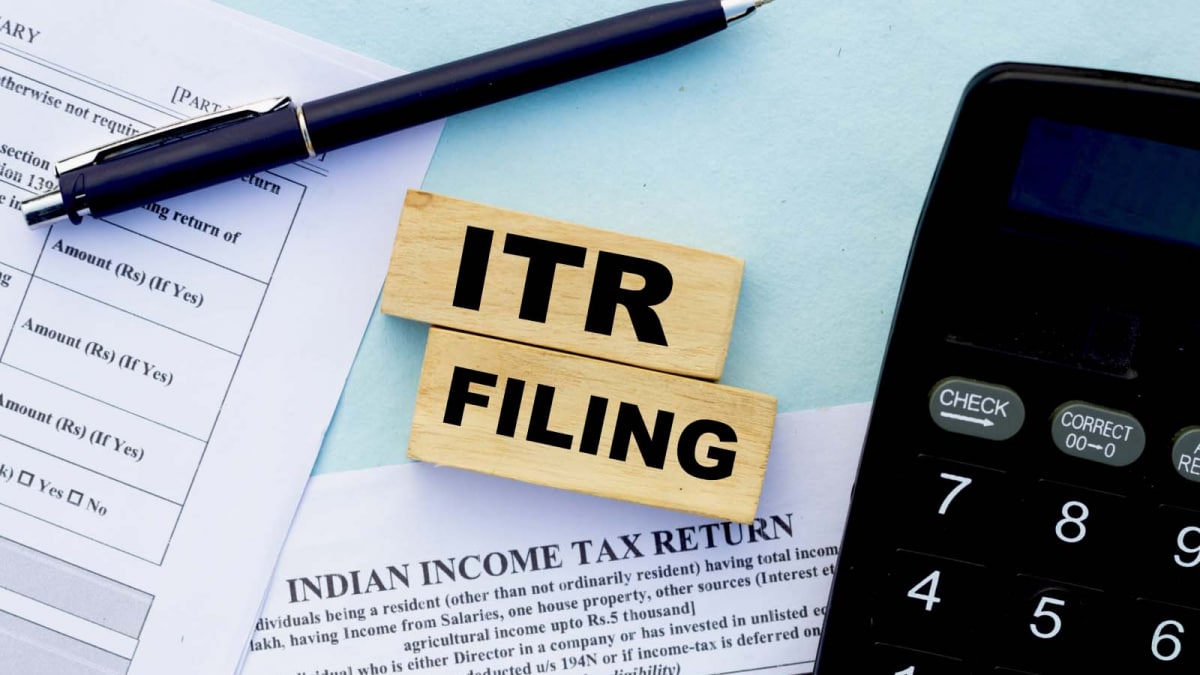Last Updated:
Retail F&O trading is rising, but many traders misreport or omit transactions, risking penalties.

F&O Tax Compliance: Misconceptions Could Cost Retail Investors Dearly
Income Tax Filing 2025: Retail participation in the futures and options (F&O) segment has surged in recent years, but many traders continue to grapple with the complexities of taxation. According to tax experts, a large number of retail investors either misreport or fail to report their F&O transactions, exposing themselves to penalties and loss of tax benefits.
CA Shefali Mundra, Tax Expert at ClearTax, said one of the most common misconceptions among traders is that only profits need to be reported in the Income Tax Return (ITR). “Many believe that F&O losses don’t need disclosure. However, all F&O transactions must be reported, irrespective of profit or loss. Not reporting losses prevents traders from carrying them forward to offset against future profits for up to eight years,” she explained.
Reporting such transactions, however, is no simple task for the average retail trader. F&O income is classified under ‘Profits and Gains of Business or Profession’ and must be filed using ITR-3. Unlike equity delivery transactions, the turnover in F&O is calculated as the sum of absolute values of profits and losses from all trades, rather than the net outcome.
This adds to the complexity, with traders also required to maintain detailed records and supporting documents. “Expenses such as brokerage, internet charges, and even telephone bills can be claimed as deductions. But without proper documentation, many miss out on legitimate benefits,” Mundra noted.
Failure to file on time can also prove costly. Losses from F&O trading can only be carried forward if the return for the loss year is filed before the due date. “If the return is delayed, the opportunity to set off losses against future gains is permanently lost,” Mundra cautioned.
Industry experts believe that as retail participation in derivatives continues to expand, awareness about taxation rules will become increasingly important. Accurate reporting and timely compliance not only help traders avoid penalties but also optimize their tax outcomes.
In conclusion, while F&O trading is often seen as an attractive high-risk, high-reward activity, overlooking tax compliance can erode potential gains. Traders are advised to seek professional guidance and ensure that all transactions, whether profitable or loss-making, are duly reported.

Varun Yadav is a Sub Editor at News18 Business Digital. He writes articles on markets, personal finance, technology, and more. He completed his post-graduation diploma in English Journalism from the Indian Inst…Read More
Varun Yadav is a Sub Editor at News18 Business Digital. He writes articles on markets, personal finance, technology, and more. He completed his post-graduation diploma in English Journalism from the Indian Inst… Read More
Read More







